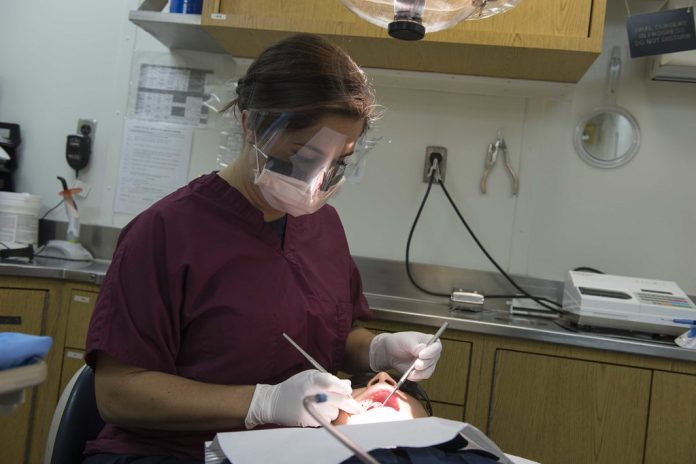In the ever-evolving world of dentistry, practitioners in California can form professional dental corporations, which offer unique advantages compared to other business structures. Incorporating as a professional dental corporation provides legal protection, tax benefits, and the potential for business growth. Dentists in California can comprehensively understand the corporate dentistry landscape and read more about these advantages in this article. It will shed light on the most important aspects and benefits of professional dental corporations in the state.
Understanding Professional Dental Corporations
A professional dental corporation is a legal entity established under California state law specifically for dental professionals. Governed by the Moscone-Knox Professional Corporation Act and the California Corporations Code, these corporations offer dentists a way to separate personal and business assets, protecting them from specific claims and liabilities.
Advantages of Professional Dental Corporations
- Legal Protection: One of the primary benefits of forming a professional dental corporation is the separation of personal and business assets. While it doesn’t shield dentists from malpractice claims, it can protect personal assets from claims related to the malpractice of colleagues, commercial disputes, or employee lawsuits.
- Business Credit: Building business credit under a professional dental corporation can be advantageous for future partnerships or business sales. It also reduces the need for personal guarantees, providing additional financial security.
- Taxation: Dentists can avoid double taxation by electing a professional dental corporation as an S-Corp. Profits and losses pass through to shareholders, reducing self-employment taxes on distributions. This tax structure can lead to significant savings for dental professionals.
- Fringe Benefits: Professional dental corporations allow for the provision of fringe benefits such as medical care and retirement plans, enhancing the overall compensation package for dentists and their employees.
Proper Formation
Avoiding Pitfalls Properly forming a professional dental corporation is crucial to reap the benefits and avoid legal complications. Failing to follow the correct procedures may result in losing intended protection. Here are some potential pitfalls to avoid:
- Insufficient Protection: Improperly forming a professional corporation can result in a lack of legal guardians and the benefits dentists seek. It is essential to follow all necessary steps and comply with state and federal regulations.
- Missed S-Corp Election: Dentists must file an S-Corp election within the designated timeframe to enjoy the tax benefits associated with this election. Please do so to avoid being taxed as a C-Corp, subjecting the dental corporation to potential double taxation.
- Compliance Issues: Maintaining compliance with all regulatory requirements is vital to preserving the legal protection a professional dental corporation offers. Failing to adhere to ongoing compliance obligations can lead to monetary penalties and even the loss of corporate status.
Steps to Forming a Professional Dental Corporation
Forming a professional dental corporation in California involves several essential steps. Here is a brief overview:
- Name Approval: Choose a compliant name for the corporation and ensure it meets the naming restrictions the California Secretary of State sets.
- Articles of Incorporation: Draft and file articles of incorporation with the Secretary of State. These articles must contain mandatory provisions specified by the law.
- Corporate Bylaws: Prepare corporate bylaws that outline the structure and rules for the corporation’s operation.
- Initial Corporate Meetings: Conduct meetings to issue shares, elect officers and directors, and establish the corporation’s foundation.
- Legal and Tax Requirements: Obtain an EIN from the IRS, open a corporate bank account, and apply for a business license. If applicable, file an S-Corp Election with the IRS.
Restrictions and Shareholders of Professional Dental Corporations
A California professional dental corporation may only provide dental services. Shareholders must generally be licensed dentists. However, certain other licensed professionals may also be shareholders, directors, or employees, provided they meet specific requirements.
Conclusion
Forming a professional dental corporation in California offers dentists numerous advantages, including legal protection, tax benefits, and the potential for business growth. Dental professionals can reap the benefits of a corporate structure by applying the knowledge gained from this article to their practice. Proper formation, compliance, and understanding of the restrictions associated with professional dental corporations are essential for long-term success in the dental industry.











